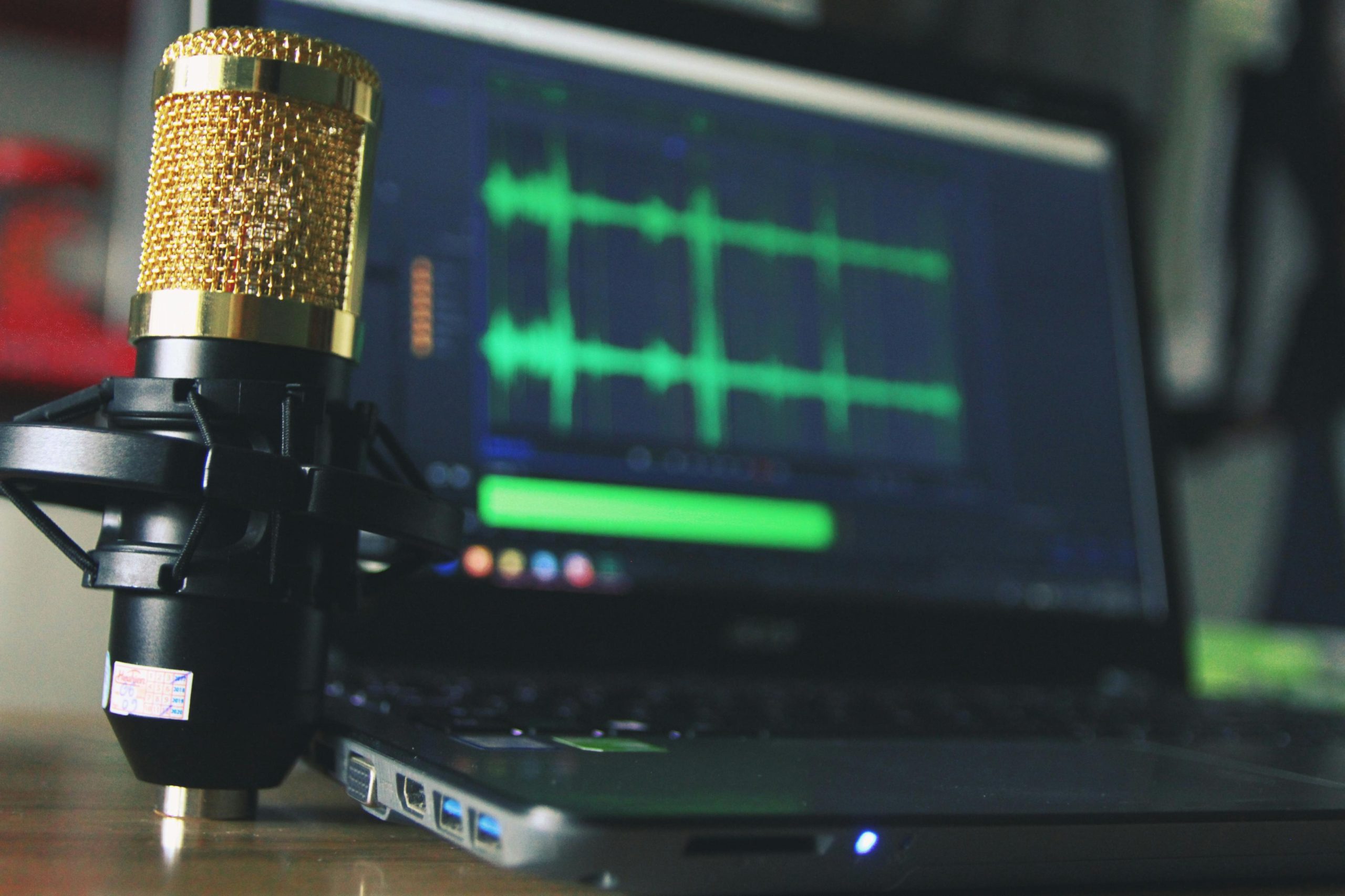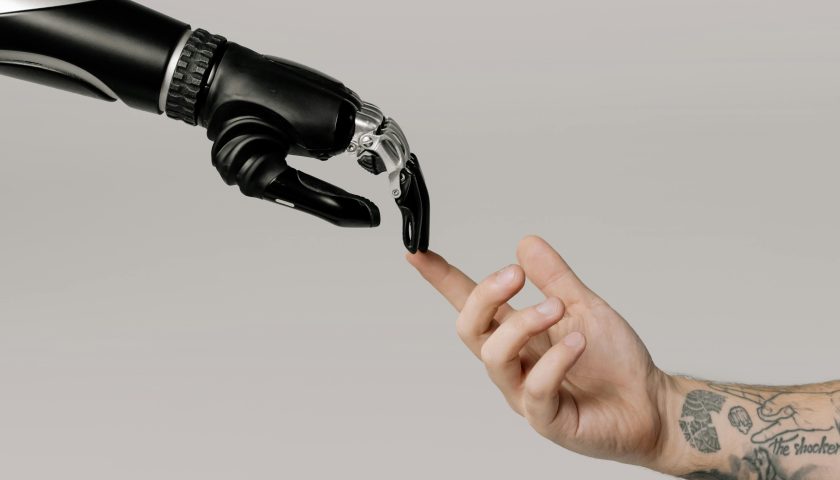Podcasting 101: A Beginner’s Guide to Starting Your Own Show
What is Podcasting?
Podcasting is a form of digital media that allows individuals to create and distribute audio content over the internet. Podcasts can cover a wide range of topics, from news and entertainment to education and personal development. Listeners can subscribe to podcasts and download episodes to listen to on their computers, smartphones, or other devices at their convenience.
According to a report by Edison Research, as of 2021, over 80 million Americans listen to podcasts on a weekly basis. This number has been steadily increasing over the years, making podcasting a popular and effective medium for reaching a wide audience. Podcasting allows creators to connect with their listeners in a more intimate and engaging way compared to traditional forms of media.
Choosing Your Podcast Topic
When starting your own podcast, it’s important to choose a topic that you are passionate about and that will resonate with your target audience. Consider what you are knowledgeable about or what interests you the most. Your podcast topic should be something that you can speak about confidently and that will keep your listeners engaged.
Research shows that podcasts covering specific niches or topics tend to attract more dedicated listeners. For example, a podcast about personal finance for millennials or a podcast about sustainable living for eco-conscious individuals may have a more loyal following than a general interest podcast. Think about what sets your podcast apart from others and how you can provide value to your listeners.
Equipment and Software Needed
To start your own podcast, you will need some basic equipment and software to record and edit your episodes. The most essential piece of equipment is a good quality microphone to ensure clear audio for your listeners. There are many affordable options available, such as the Blue Yeti or Audio-Technica ATR2100, that are suitable for beginners.
In addition to a microphone, you will also need recording and editing software to produce your podcast episodes. Popular options include Audacity, GarageBand, or Adobe Audition. These programs allow you to record your audio, edit out any mistakes or background noise, and add music or sound effects to enhance your episodes.
Recording and Editing Your Podcast
Once you have your equipment and software set up, it’s time to start recording and editing your podcast episodes. Find a quiet space to record where you won’t be interrupted by background noise or distractions. Consider investing in a pop filter or microphone stand to improve the quality of your recordings.
When recording your episodes, be sure to speak clearly and at a consistent volume. Practice your delivery and try to maintain a conversational tone to keep your listeners engaged. After recording, listen back to your episode and make any necessary edits to improve the flow and quality of the content.
Editing your podcast episodes may take some time to master, but with practice, you will become more proficient at cutting out mistakes, adding music or sound effects, and creating a polished final product. Remember to save your episodes in a high-quality audio format, such as MP3, before uploading them to your podcast hosting platform.
In conclusion, starting your own podcast can be a rewarding and fulfilling experience. By choosing a topic that you are passionate about, investing in the right equipment and software, and honing your recording and editing skills, you can create a successful podcast that resonates with your audience. With the growing popularity of podcasts, now is the perfect time to dive into the world of podcasting and share your voice with the world.







